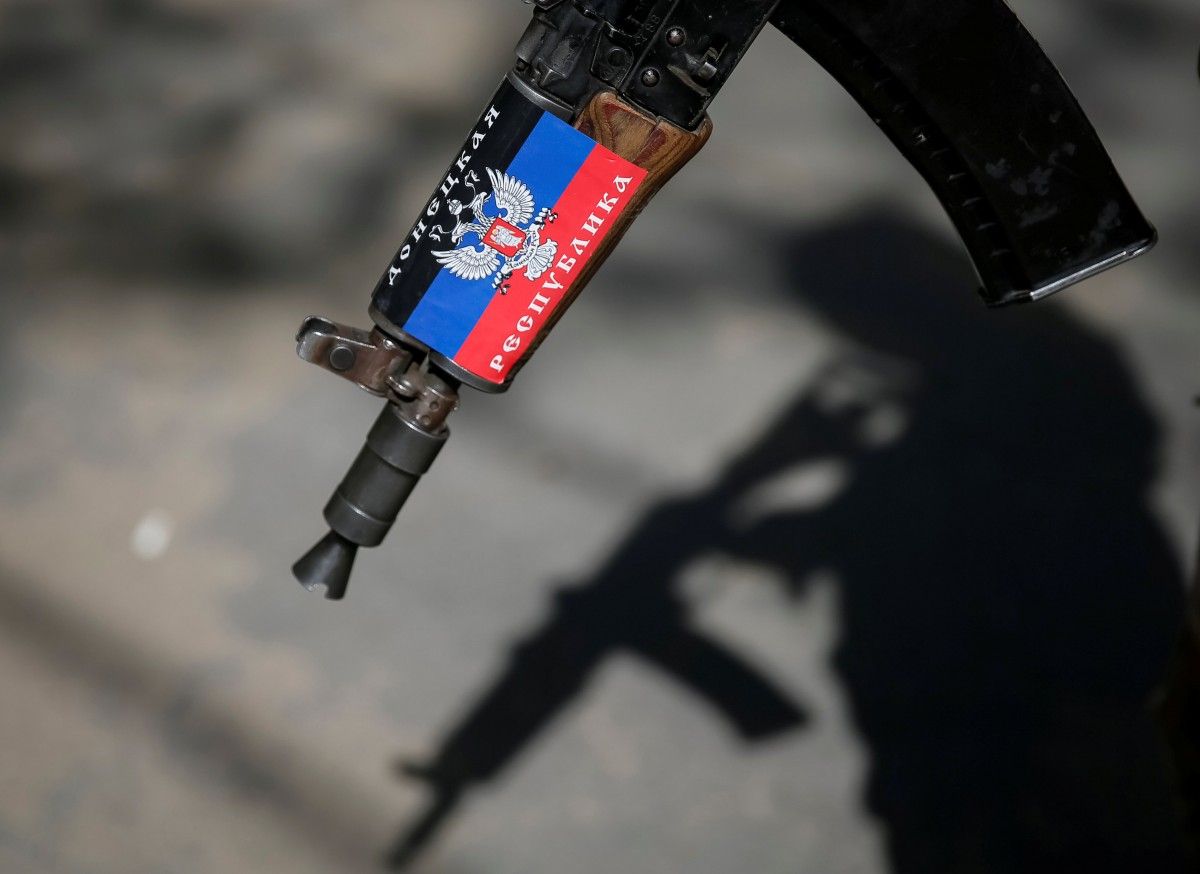
There has been no shortage of debate about the killing of Iranian military commander Qassem Suleimani and its effects on U.S. foreign policy toward Iran and the broader Middle East. Not nearly enough has been said about whether it can broadly serve as a model for dealing with the problems posed by proxy forces elsewhere in the world.
By killing Suleimani, the United States indicated it would no longer tolerate Iran’s use of proxies to circumvent its responsibility for killing Americans and for other acts of terrorism and mass bloodshed. Washington decided to deal with the source of the terrorism, not its emissaries. The same principle should apply to the many proxy regimes established by various states, Russia most prominently, to circumvent responsibility for illegal military occupations, Svante Cornell, director of the American Foreign Policy Council’s Central Asia-Caucasus Institute, and Brenda Shaffer, a visiting researcher at Georgetown University, wrote for Foreign Policy.
Countries around the world are increasingly realizing that the most convenient way to occupy foreign territories is to set up a proxy with the ceremonial trappings of a state, including governments, parliaments, and flags. Why go through all that trouble? Because the norms of the liberal international order, which outlaw changing boundaries by force, risk leading to sanctions for the perpetrator state. Creating a proxy regime generates a convenient falsehood that obfuscates reality and helps states evade such consequences.
The most systematic user of this tactic is Russia. Since the early 1990s, it has manipulated ethnic conflicts in three different states and helped set up nominally independent entities over which it exerts control. Moscow's practice began in Moldova's Transnistria region and in two breakaway territories of Georgia, Abkhazia and South Ossetia. Following Vladimir Putin’s consolidation of power in the early 2000s, the Kremlin's control of these territories became tighter. Putin appointed Russian military and security officials to ministerial positions in the governing structures of these territories, indicating their direct subordination to Russia. Following its 2008 war with Georgia, Russia established permanent military bases in Abkhazia and South Ossetia and formally recognized the independence of the two territories. This allowed Moscow to create a fictive legal basis for its military presence, based on so-called interstate agreements it signed with its proxies.
But until the 2008 war, the United States and European Union treated Russia like an arbiter in these conflicts, long after it was clear it was in fact a party to them. Twice a year, for example, Western powers approved extensions to the UN monitoring mission in the Abkhazia conflict that included overt praise for a Russian "peacekeeping" force that in fact was part of Moscow's effort to shore up Abkhazia's separation from Georgia. Even today, only rarely do Western powers refer to these lands as what they are: occupied territories.
Moscow's tactic proved so successful in undermining the statehood of Georgia and Moldova that the Kremlin decided to use the same tactic in eastern Ukraine. And it worked: Contrast the international reaction to any of these conflicts with Moscow's invasion of Crimea. Unlike these other cases, Moscow annexed Crimea outright, thereby accepting responsibility for its actions. This led to serious sanctions that remain in force to this day. But where Moscow hid behind the fiction of a "Donetsk People's Republic," which it created from thin air, it has largely escaped those consequences.
Read alsoCBS News: MH17 prosecutor says Russians "haven't been helpful at all"
The danger of the use of proxies is that its effectiveness has made it increasingly popular. When weighing options in Ukraine in 2014 and onward, Putin no doubt operated on the basis of the Russian experience in Georgia and Moldova: Setting up proxies in eastern Ukraine would achieve the goal of undermining Ukraine and blocking its move toward NATO while carrying few costs for Russia. While Putin may have underestimated the tenacity of the U.S.-led sanctions regime, his calculation was essentially correct. Thus, because the West tolerated the proxy fiction in small states like Georgia and Moldova, it now has to deal with a threat to a much larger European state. If that works, the strategy will be used elsewhere, too.
The proxy fiction by design makes conflict resolution impossible. Also, the proxies facilitate illicit activity. With no state formally acknowledging its control and therefore responsibility for activity in the proxy regimes, these regions have become centers of human trafficking, money laundering, and counterfeit goods production. They are also likely locations of sanctions violations, for Russia and for Iran.
In the Middle East, the Trump administration understood that Iran's use of proxies was helping it undermine U.S. interests and the stability of a half-dozen states in its neighborhood. It is now working to put an end to this subterfuge. The time has now come for Washington to take steps to call the bluff in Eurasia as well and stop effectively rewarding the use of proxies that undermine conflict resolution efforts and the stability of key U.S. partners.

